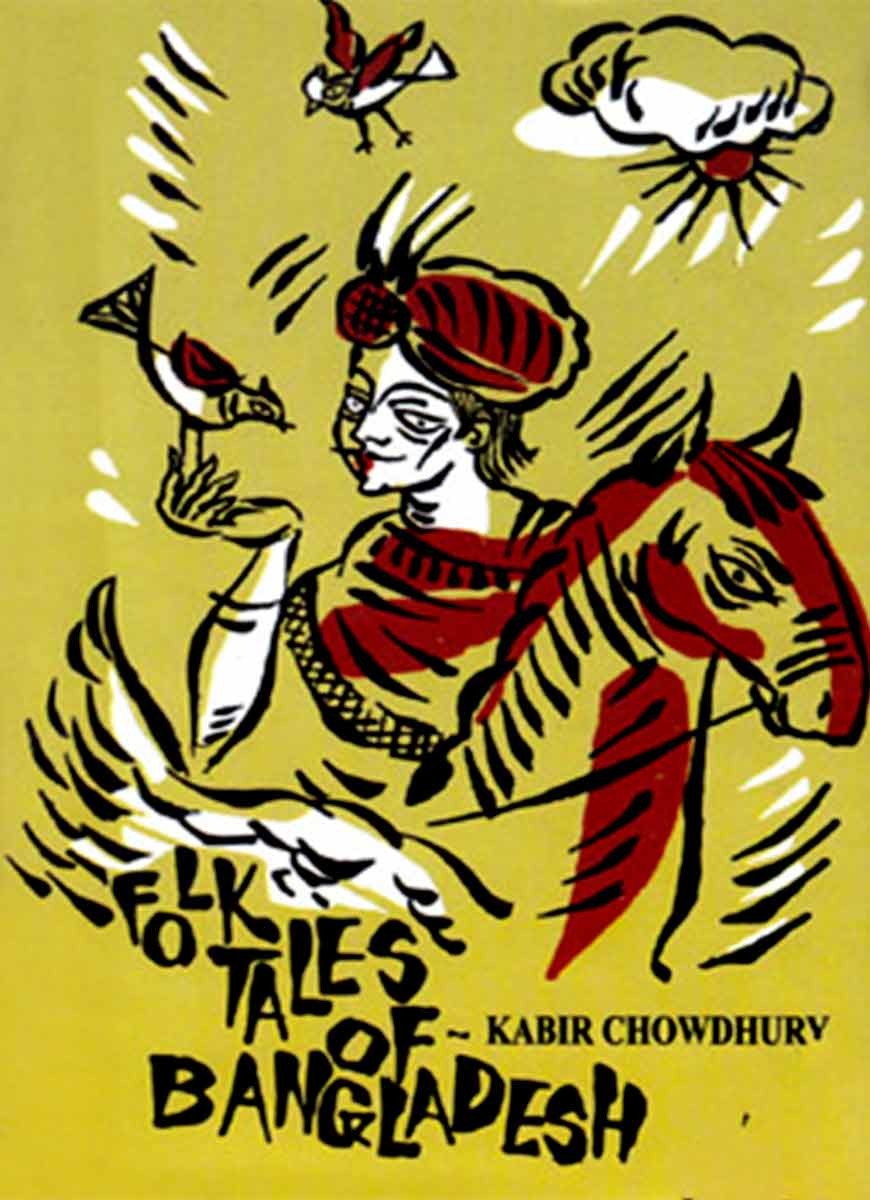

Note : All deposit is refundable
The folktales of Bangladesh are the inherent treasures of the soil. The rivers and the meadows of this land, its shrubs and tributaries and paddy fields, the ecstasies and the heartaches of its people, their hopes and frustrations, their faith and disillusion all have gone to the making of the folktales of this region. With the local indigenous influences carried over from the past through generations there came to be mixed in course of time the various influences imbibed from Muslim tales and legends brought over from Arabia, Morocco, Turkey, Iran and other Islamic countries. Aftar Bengal came under the Muslim rule in early 13th century the Muslim influence became quite discernible in all spheres of the local life. Many religious saints came over to Bengal to preach Islam and spread the basic fundamental moral virtues of their faith. They settled in various parts of the country and largely helped in spreading there Muslim culture among the local people. Many Muslim traders also came for purposes of trade and commerce. Through all these channels Arabic and Persian tales and legends travelled into Bengal, got inextricably mixed with the local tales in many cases, and enriched the folktales of this area with a special flavour all its own. While we get many folktales which reflect the ways of life and culture of the Muslim peoples, there are many again where the mixed picture of the lives of various communities are presented in a free and unfettered manner. In fact the tales of the latter type are more in number. There is a reason behind this. The tales from Arabia and Persia and Turkey merged themselves inextricably with the air and the water and the earth of Bengal, but since many of these tales were inherently of a superior order artistically, they exercised a tremendous influence on the trend of the peculiarly local tales and helped change and modify their character.
